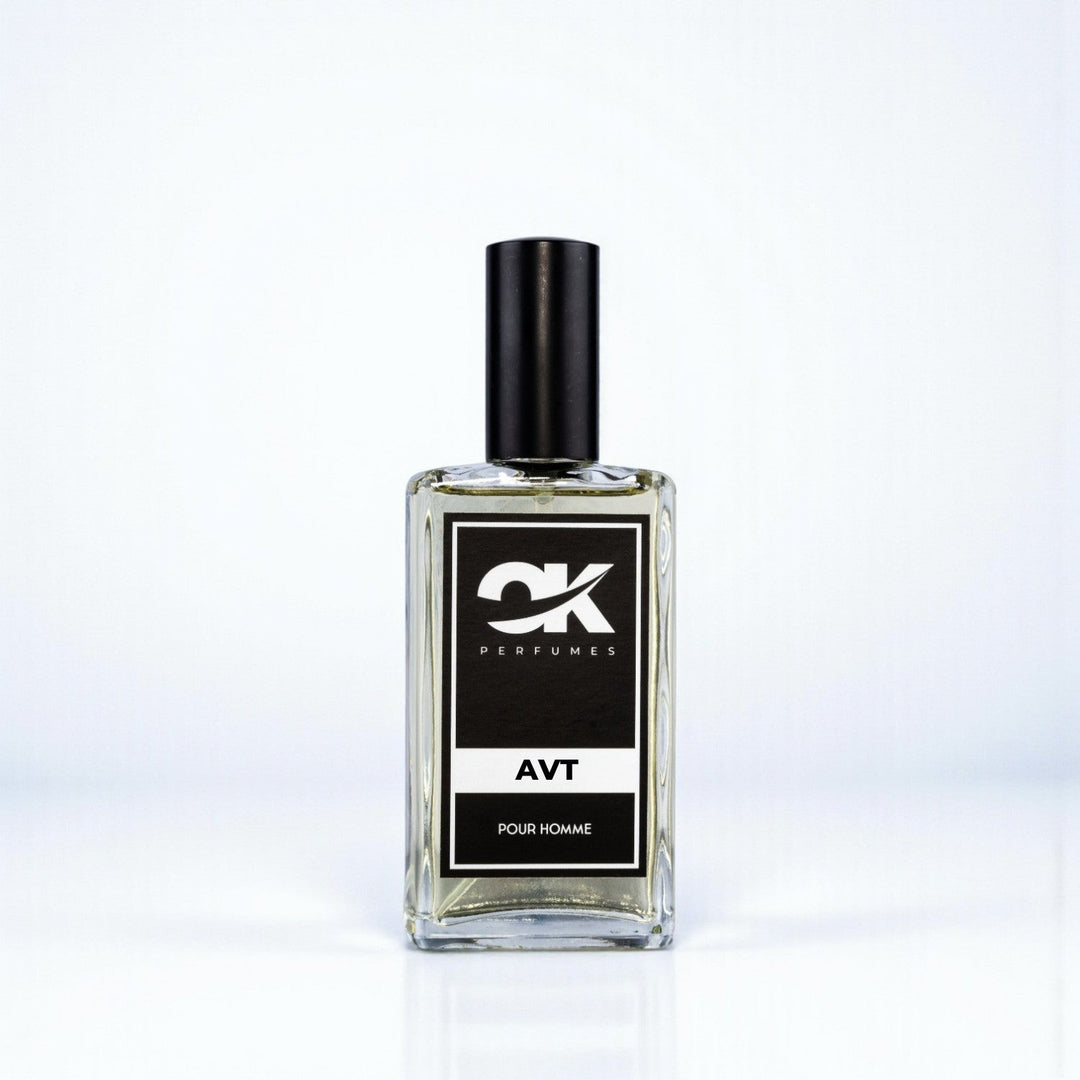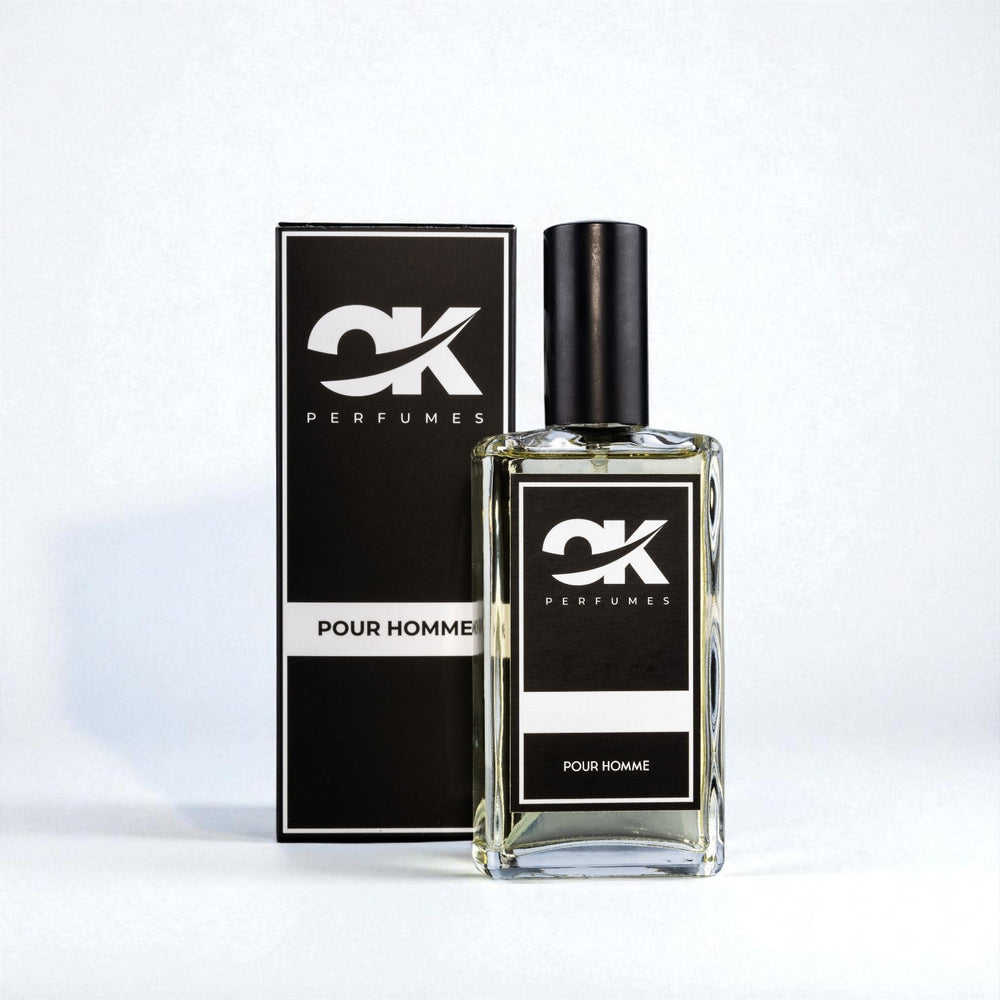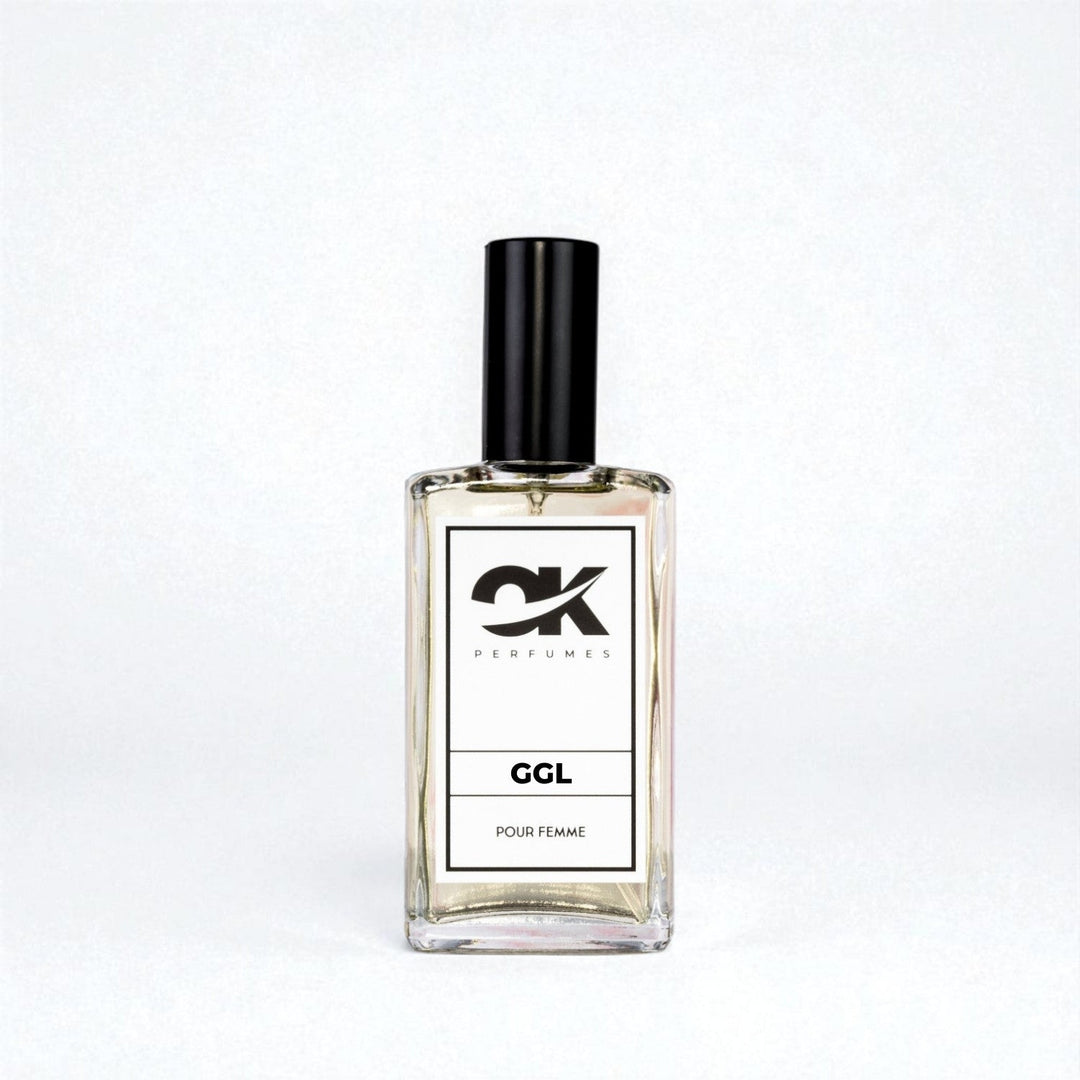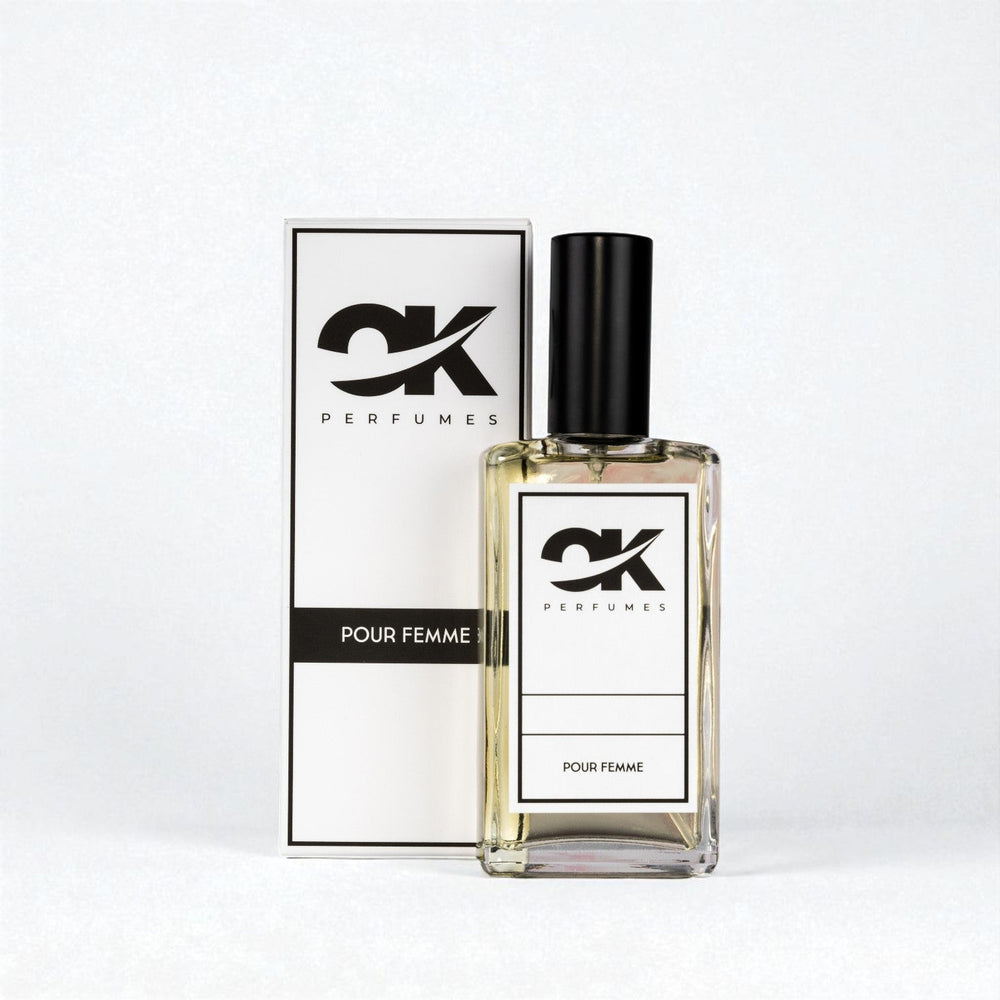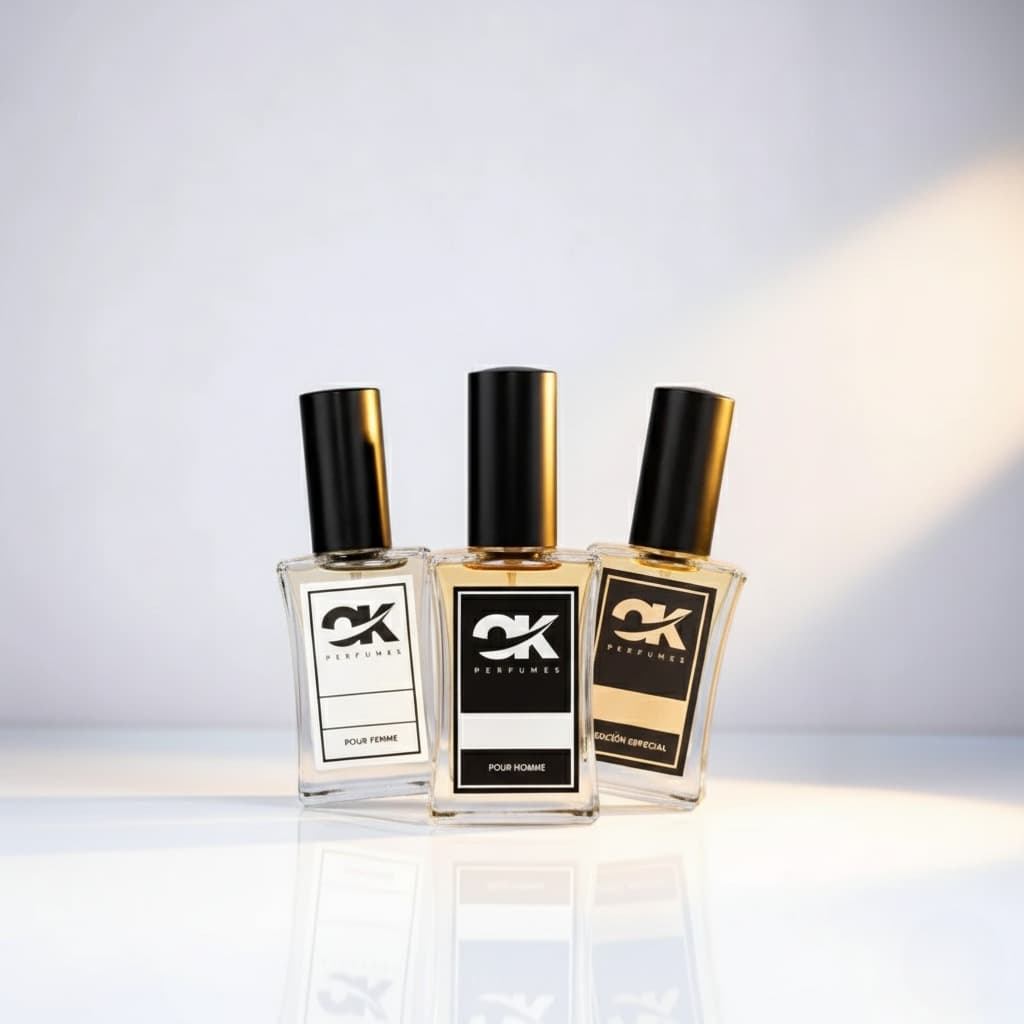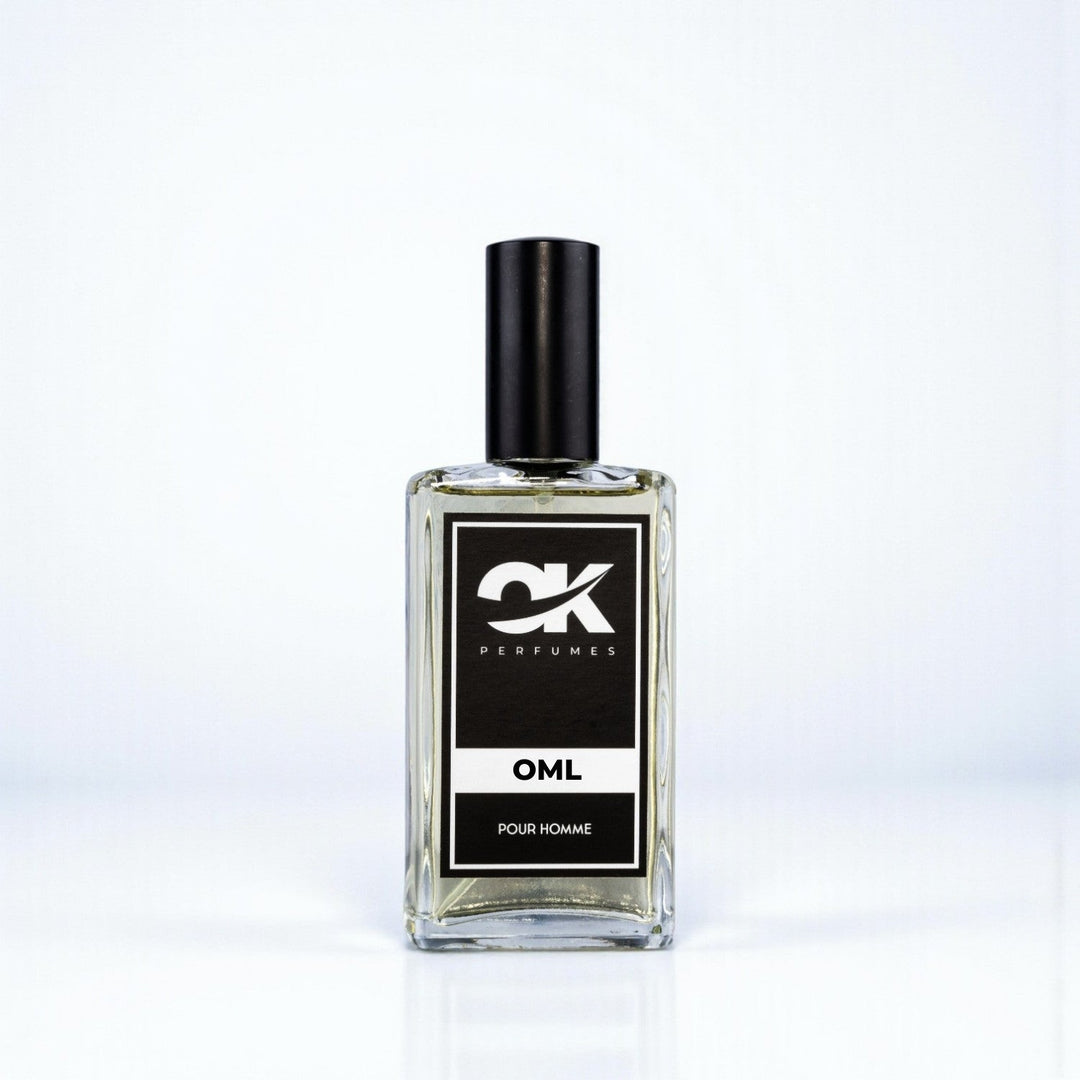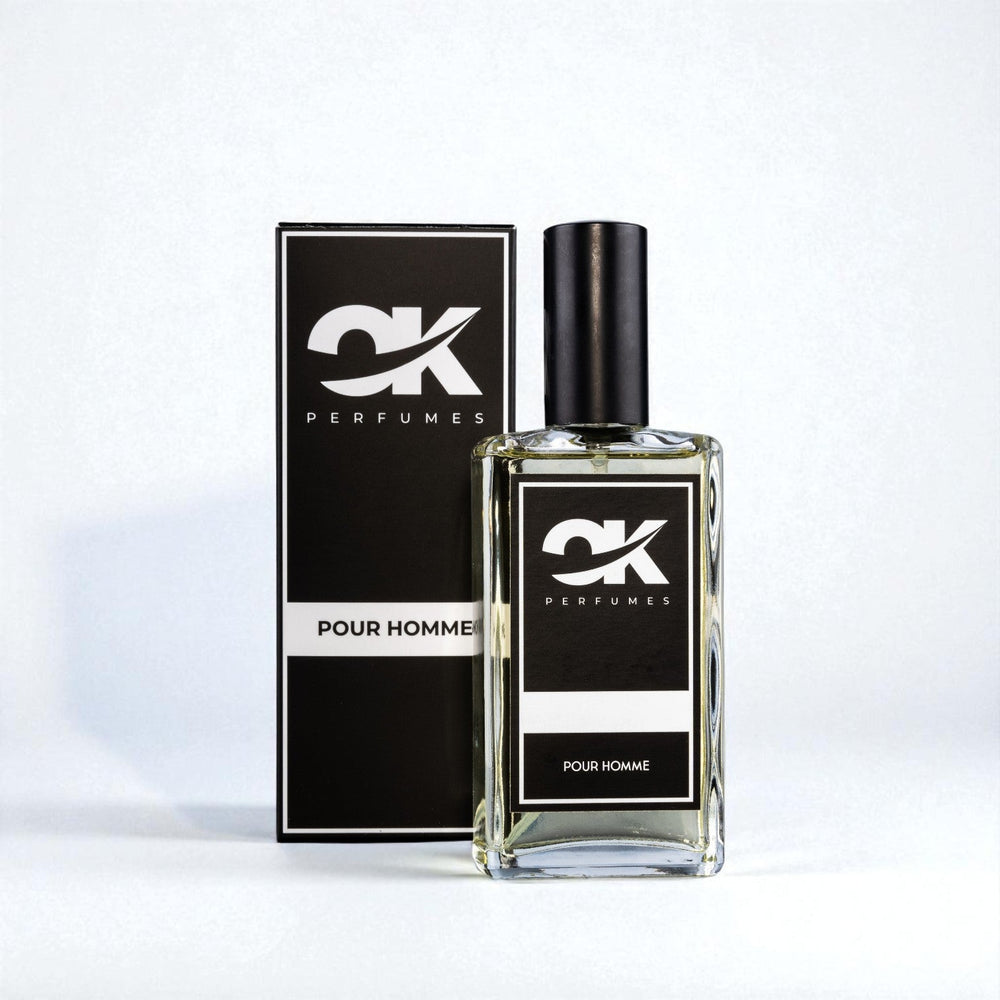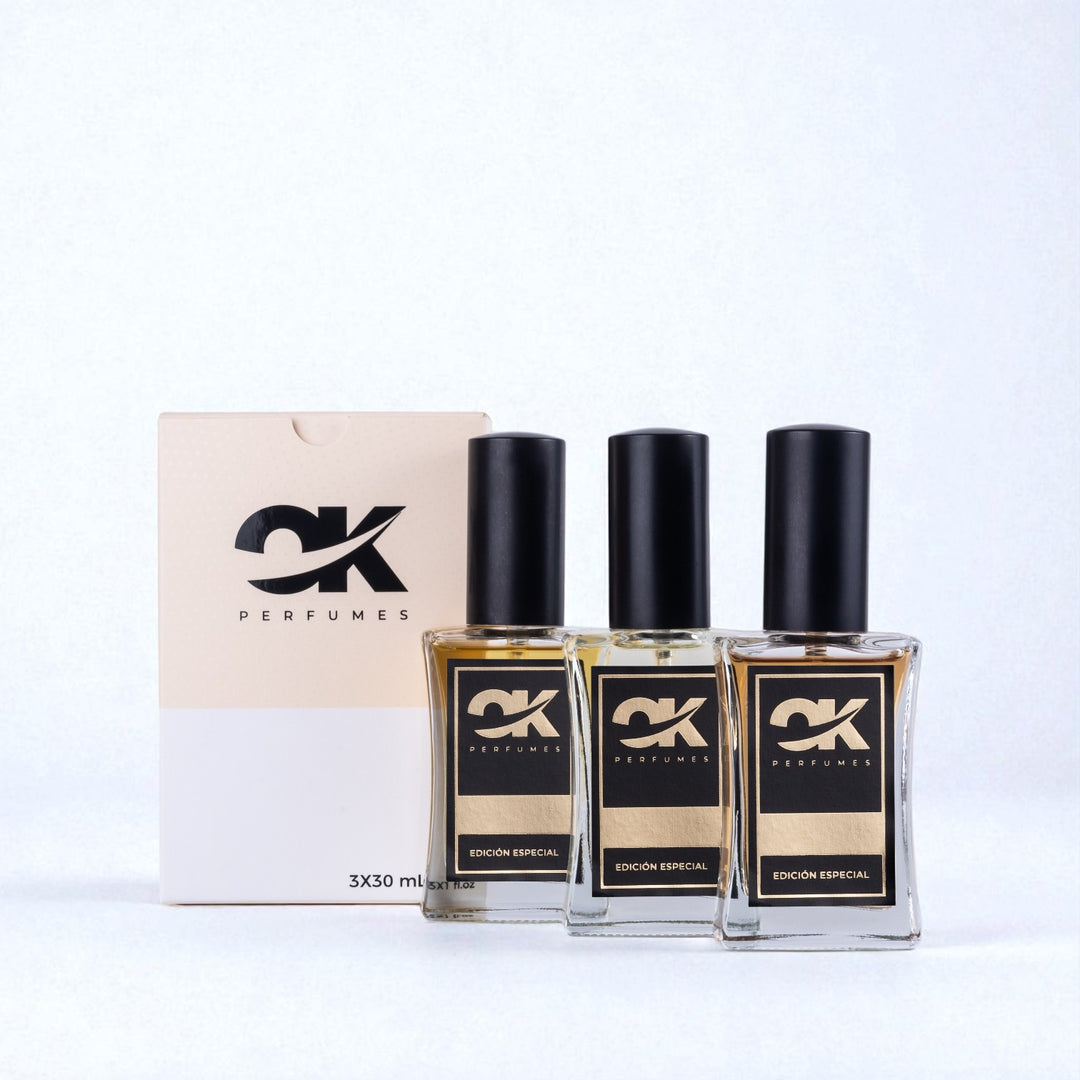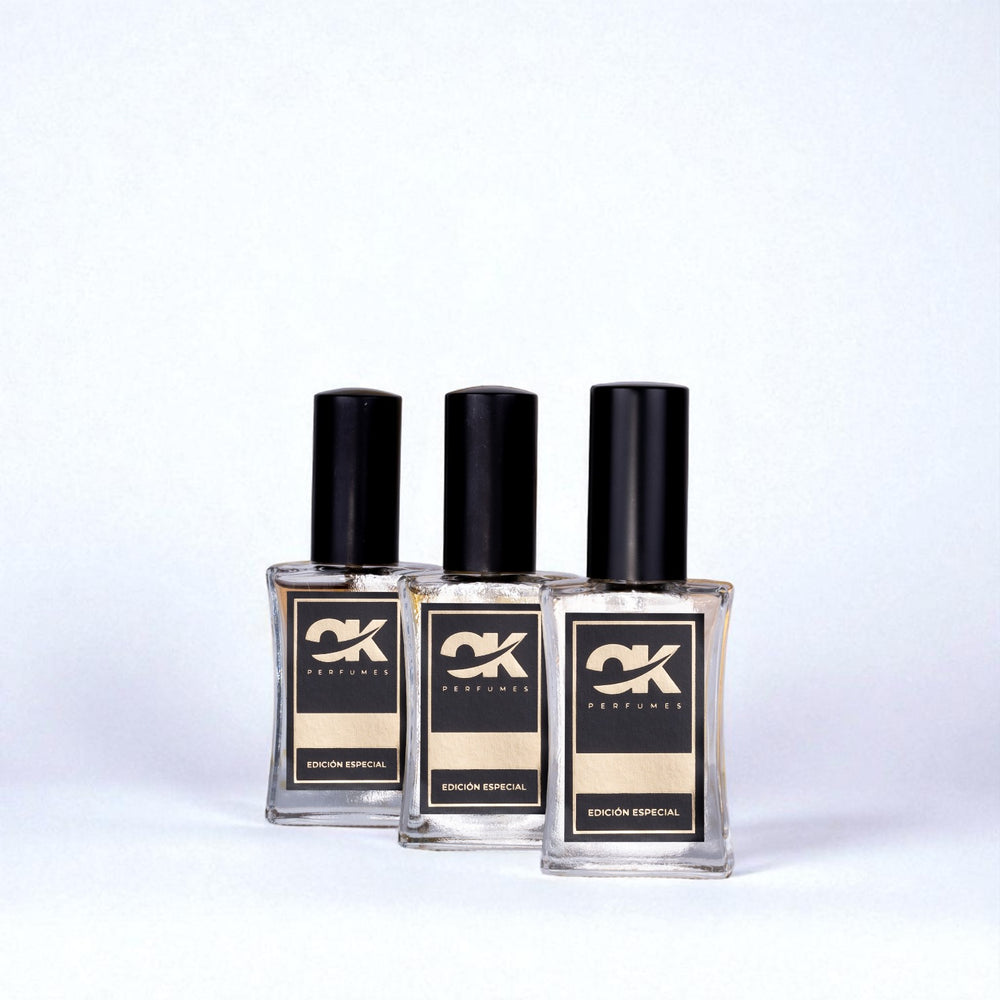Discovering the Science Behind Fragrances: Chemistry and Perfumery
Fragrances have fascinated humanity since time immemorial. From the ancient Egyptians who used aromatic oils to modern perfume houses creating must-try scents. Today, the science behind these fragrances is surprisingly complex. In this article, we'll explore the chemistry of fragrances, how perfumes are created, and how the quality of the ingredients influences the final price of these products. We'll also analyze the equivalence between fragrances and their impact on the sensory experience.
The Chemistry of Fragrances
The creation of a perfume is, in essence, a chemical act. Fragrances are composed of a mixture of volatile organic compounds, meaning that when applied, they evaporate and release their scent into the air. This volatility is crucial to how we experience a fragrance and is linked to a perfume's notes.
Notes of a Perfume
Perfumes are constructed using different types of notes:
- Top notes: These are the first notes we notice when applying a perfume. They're usually fresh and light, like citrus or herbs.
- Heart notes: These notes emerge once the top notes evaporate. They tend to be deeper and more complex, like flowers or spices.
- Base notes: These are the longest-lasting and provide depth to the perfume. They often include aromas such as wood, amber, or vanilla.
This balance between the different notes is essential to achieving a harmonious and appealing fragrance. The quality of the ingredients used in each note also affects a perfume's price. Quality perfumes generally use natural ingredients that are more expensive to obtain and process.
The Perfume Creation Process
Creating a perfume is a combination of art and science. Perfumers, who often have a background in chemistry, use their knowledge to combine different ingredients and create a unique fragrance. The process involves several stages:
Selection of Ingredients
The ingredients in a perfume can be natural or synthetic. Natural ingredients are extracted from flowers, fruits, spices, and other natural elements, while synthetic ingredients are created in laboratories and can mimic natural scents or create new fragrances. The quality of the ingredients is a vital factor in creating exceptional fragrances.
Mixing and Testing
Once the ingredients have been selected, the blending process begins. Perfumers perform several tests to adjust the proportions of each component until the desired balance is achieved. This process can take weeks or even months.
Macerate and Filter
After blending the ingredients, the resulting fragrance is allowed to settle or "macerate." This allows the different notes to blend and mature. It is then filtered to remove impurities and ensure the final product is of high quality.
The Importance of Quality in Perfumes
The quality of a perfume can be measured by several factors, including the purity of the ingredients, the manufacturing process, and the prestige of the brand. Perfumes you should try They usually have high-quality ingredients, which often translates into longer duration and more intense projection.
Quality and Price Comparison
The price of a perfume can vary significantly. This depends on factors such as:
- Ingredients: Perfumes that use rare or hard-to-obtain ingredients, such as exotic flowers, tend to be more expensive.
- The Production Process: A process that requires more time and attention to detail can increase the price of the final product.
- The Brand: Well-known brands with a long history of excellence in perfumery may have higher prices due to their reputation.
However, with the rise of perfume equivalency, it is now possible to find quality fragrances at a more affordable price, without sacrificing the sensory experience provided by more expensive perfumes.
Fragrances as Personal Expression
Fragrances are much more than just a scent. They're a form of personal expression, a way to leave a lasting impression on those around us. Choosing a perfume is, to a large extent, an emotional decision that reflects our personality and the message we wish to convey.
Religious and Cultural Perfumes
Throughout history, many cultures have used perfumes for spiritual purposes. In some religions, fragrances are used during rituals and ceremonies, symbolizing purification and devotion. Perfumes have played a significant role in culture, transcending their practical use to become symbols of status and lifestyle.
Tips for Choosing the Perfect Perfume
Choosing the right perfume can be overwhelming, given the vast number of options available. Here are some tips to help you make your choice:
- Know Your Preferences: It's important to understand what notes you're drawn to. Do you prefer floral, woody, or spicy fragrances?
- Try it on: Always test a perfume on your skin before purchasing. Fragrances can smell different depending on your skin's chemistry.
- Consider the Occasion: Some perfumes are more suitable for everyday wear, while others are ideal for special occasions.
Remember that, although there are perfumes that you should try In the end, the most important thing is that the fragrance resonates with you and makes you feel good.
A Walk Through the History of Perfumery
The history of perfumery dates back thousands of years. From ancient civilizations offering fragrances to the gods to contemporary perfumers innovating with new blends, the evolution of this art is fascinating. Some of the oldest documented fragrances include:
- Egyptian Disturbances: The use of ointments and aromatic oils was common in ancient Egypt.
- Fragrances in Greece: The Greeks used perfumes during banquets and ceremonies, creating a culture of fragrance.
- The Renaissance: During this period, perfumery diversified in Europe, with the creation of more complex fragrances.
Exploring the history of perfume not only gives us context for our current fragrances, but also enriches our appreciation of the traditions and techniques that have been perfected over the centuries.
The Opportunity to Experience New Fragrances
As we move forward in the world of fragrance, the opportunity to try new and exciting perfumes is more accessible than ever. With the arrival of emerging brands and innovative approaches to creating must-try perfumes, , fragrance lovers today have endless options at their fingertips.
Don't be afraid to experiment and discover new notes that might become your favorites. Perfumes have the power to transport us to special moments and places, adding an extra layer of depth to our everyday lives.
How to Care for Your Fragrances
Once you've found that special perfume, it's important to learn how to care for it to ensure its longevity. Here are some tips:
- Store away from light: Exposure to light can break down the chemical compounds in the fragrance, affecting its scent.
- Keep in a cool place: Heat can alter the blend of aromas and change the perfume profile.
- Close the jars tightly: Make sure the jar is tightly closed to prevent evaporation of volatile components.
By following these simple steps, you can enjoy your perfumes for much longer and maintain the quality of your investment.
The Future of Perfumery and Sustainability
Currently, there is a growing focus on sustainability in the perfume industry. From the use of ethically sourced ingredients to eco-friendly production practices, brands are taking steps to ensure their fragrances are not only high-quality but also environmentally responsible.
Consumers are increasingly seeking sustainable products, so quality and production methods will play an extremely important role in the perfume industry in the future.
Venture into the Aromatic World of Fragrances
Now that you've explored the science behind fragrances and the chemistry of perfumery, it's time to delve deeper into this fascinating world. Try different fragrances, explore their intricacies, and, above all, enjoy the sensorial journey they offer. Fragrance is an ever-evolving art, and each perfume is a unique piece that can add magic and meaning to your daily life. Your next great aromatic adventure awaits!




